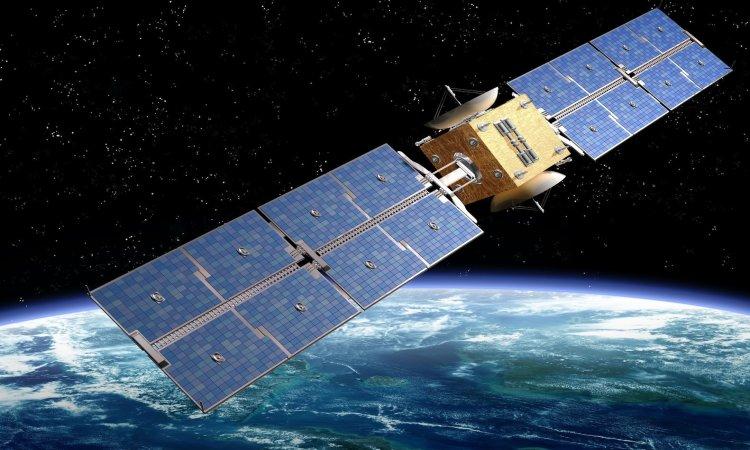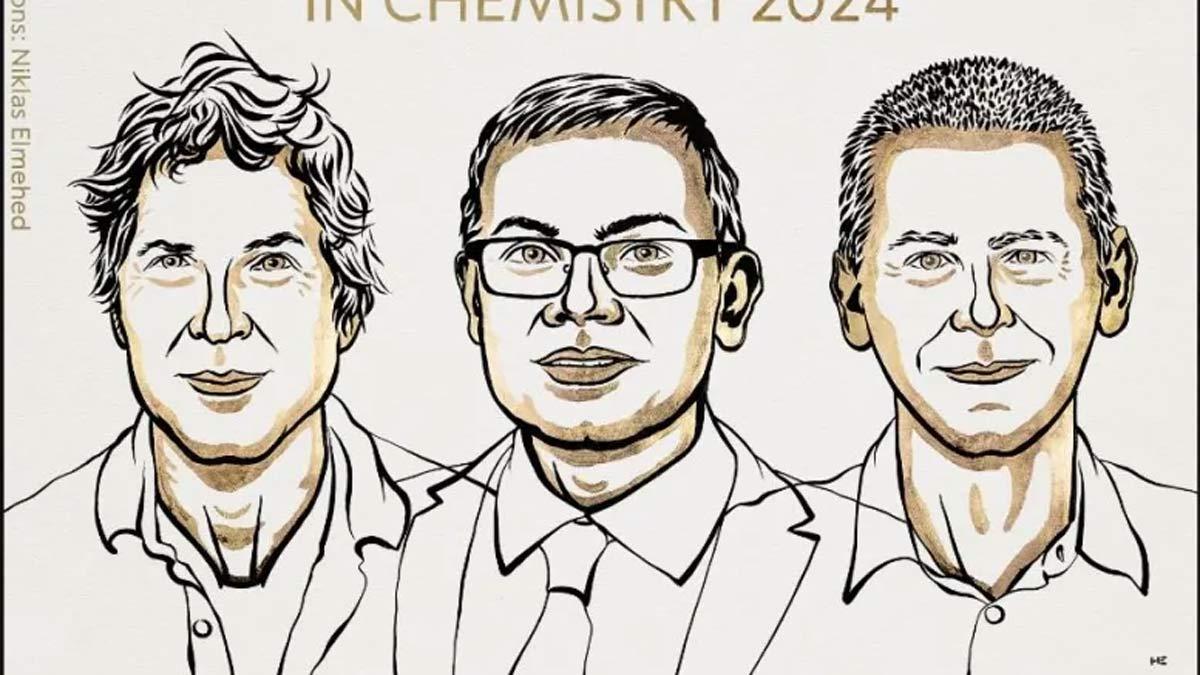Brazilian satellite Amazonia-1, slated to be put into orbit by Indian Space Research Organisation's (ISRO) rocket Polar Satellite Launch Vehicle (PSLV), has landed here on an Emirates SkyCargo flight, it was announced on Wednesday.
In a statement, Emirates said its freight division Emirates SkyCargo flew the Amazonia-1 satellite from Sao Jose dos Campos, Brazil to Chennai.
This is the first time that Emirates SkyCargo has transported a space satellite from South America.
Amazonia-1 is the first satellite to have been developed completely in Brazil by the National Institute for Space Research (INPE), Brazil's apex body dedicated for space research and exploration.
The satellite took eight years to be developed and once launched into space, will help monitor the ecosystem of the Amazon rainforest, the world's largest tropical rainforest, the statement said.
The satellite is due to be sent to space in February 2021 from the Satish Dhawan Space Centre located in Andhra Pradesh's Sriharikota.
Emirates SkyCargo, together with the INPE, the airport and local partners, conducted two comprehensive simulation sessions ahead of the transport date to be able to transport the sensitive cargo safely.
During the transportation process, the Amazonia-1 satellite was dismantled into multiple components to facilitate easy loading and unloading from the aircraft.
The satellite components were packed inside large containers to avoid any damage during the transport.
Overall, the total cargo weighed around 22 ton.
Four members of the team from INPE also travelled with the satellite to continuously monitor the status of the cargo during the flight from Sao Jose dos Campos to Dubai and then onwards to Chennai.
ISRO Chairman K.Sivan had told IANS: "End of February or early March 2021, we will be sending our rocket Polar Satellite Launch Vehicle-C51 (PSLV-C51). The primary payload will be the Brazilian satellite called Amazonia, an earth observation satellite."
"The PSLV-C51 mission will be a very special mission not only for ISRO but also for India as the rocket will be carrying the earth observation satellite Anand made by an Indian startup called Pixxel (incorporated as Syzygy Space Technologies Pvt Ltd)," he had added.
The PSLV-C51 will also carry a communication satellite built by the students of city-based Space Kidz India and another satellite built by a consortium of three Indian universities.


















